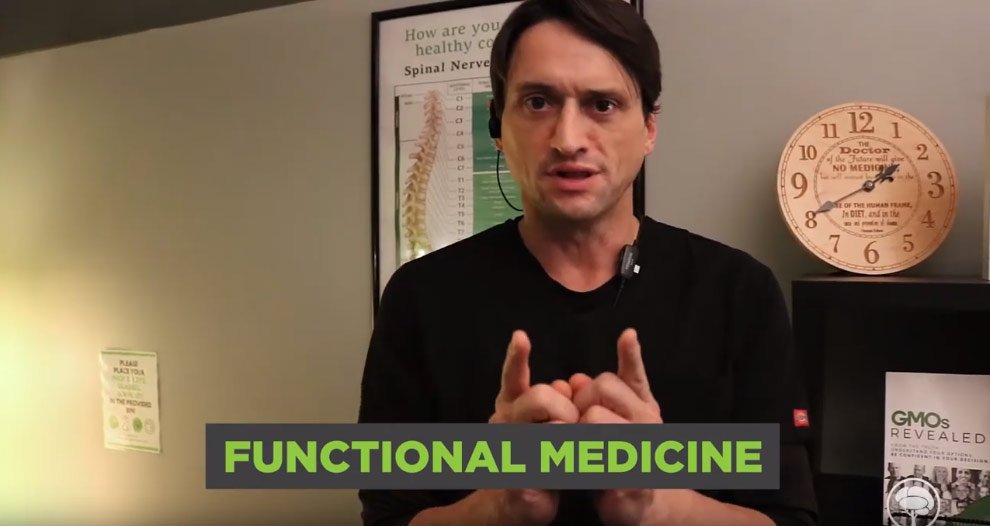Holistic functional medicine uses whole food, homeopathic liquids, botanicals, and herbs - the Creator's ancient artistry.
Pathological medicine is what you currently know. Functional medicine, put simply, means to use prevention and maintenance while a patient is still functional rather than suppressing symptoms until they become pathological. In other words, oil changes are wiser than overhauls, and the wisdom in this is quite obvious.
Here’s the definition of functional medicine: Treatments that focus on optimal functioning of the body and its organs, usually involving systems of holistic or alternative medicine. If you’re reading this, you’re already looking for options. Welcome home. Now, let’s discuss alternative medicine.
Educational point: Conventional medicine uses therapies and drugs developed within the last years or decades while labeling ancient methods as “complementary” or “alternative.” In reality, the methods of natural health are ancient and anything but complementary. Antibiotics and organ replacements, while life-saving in certain circumstances, are relatively brand new. Every method used by Divine Design Natural Health is ancient: light, water, heat, electricity, plants, animals, and a healer’s hands.
We are conventional. We are traditional. We are ancient.




